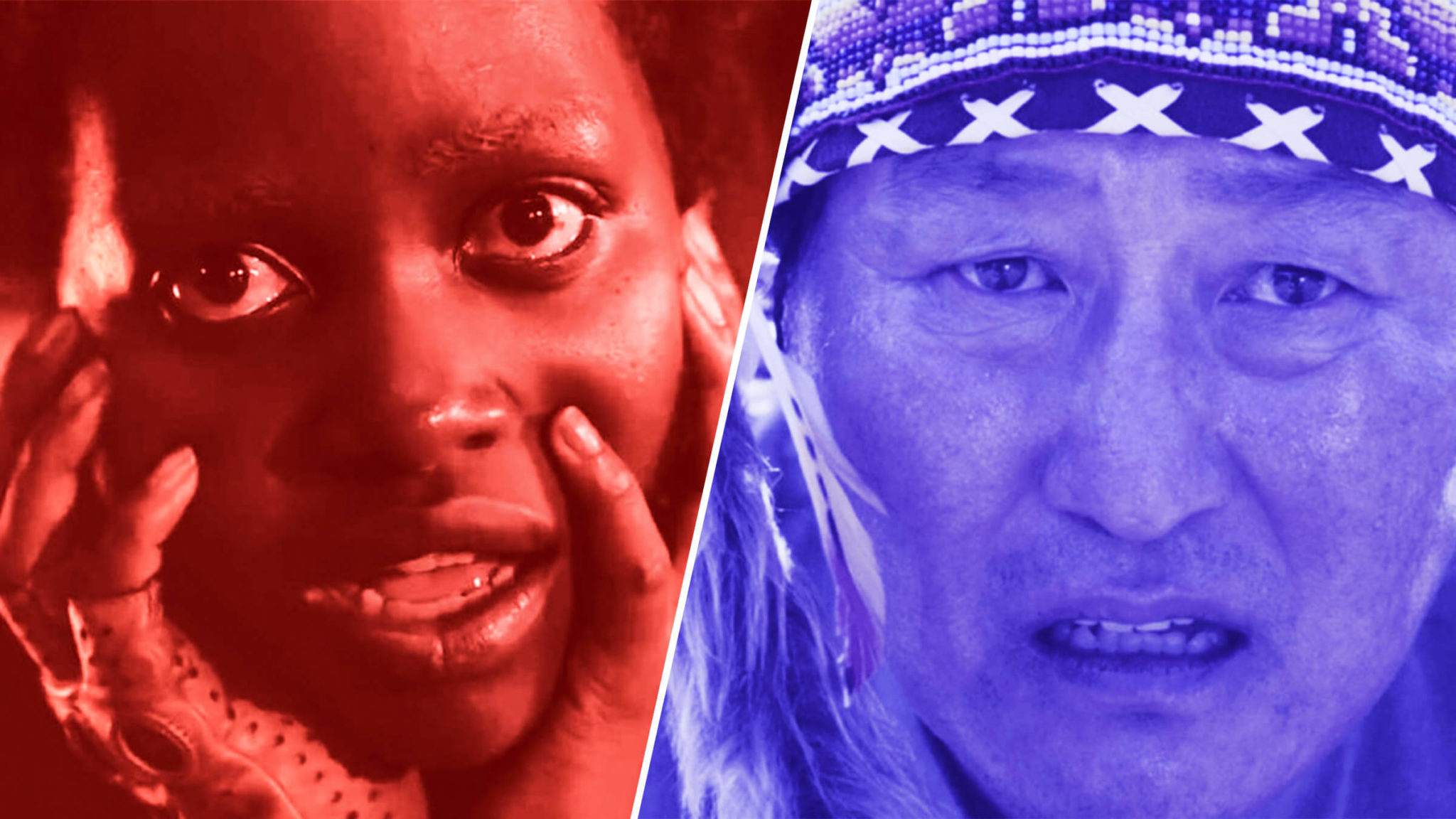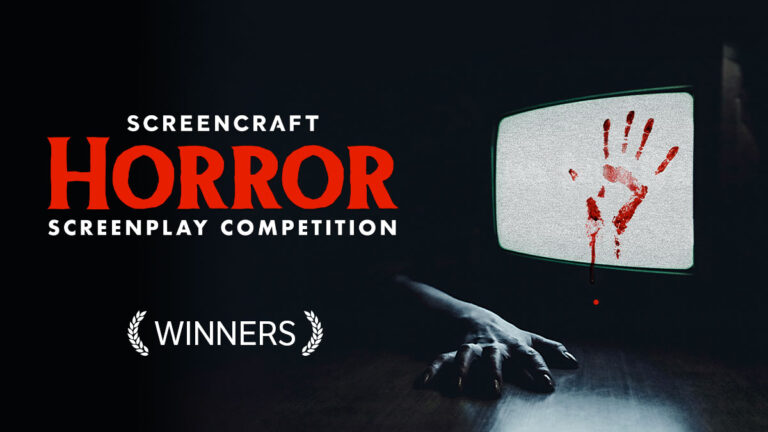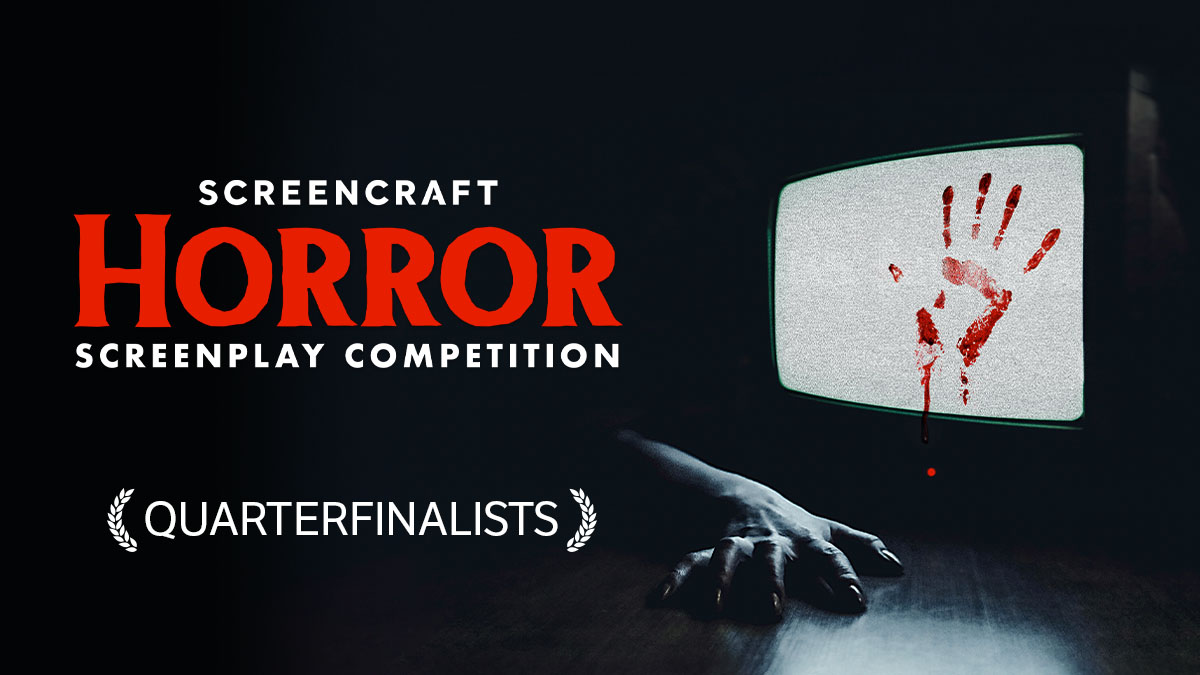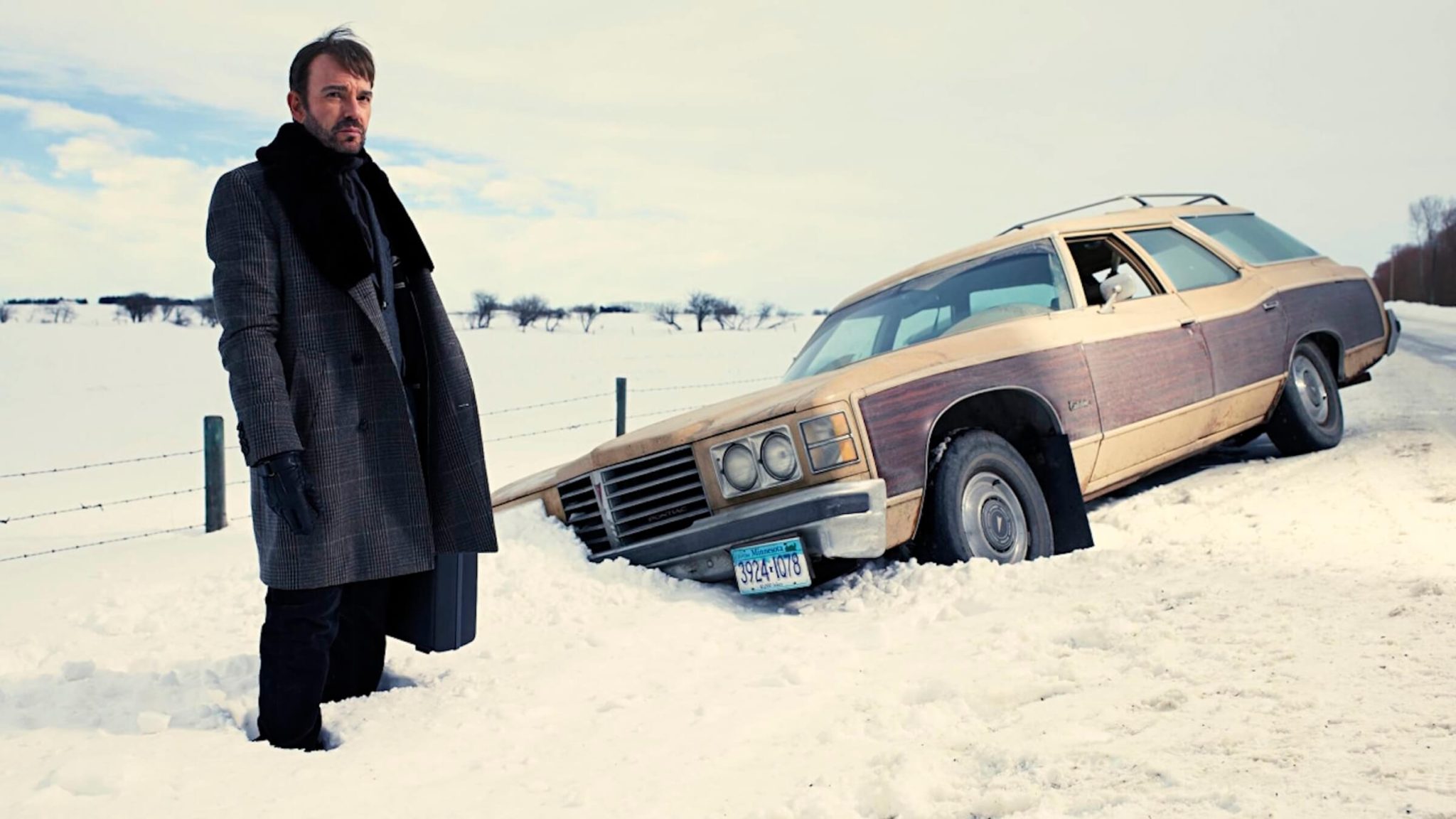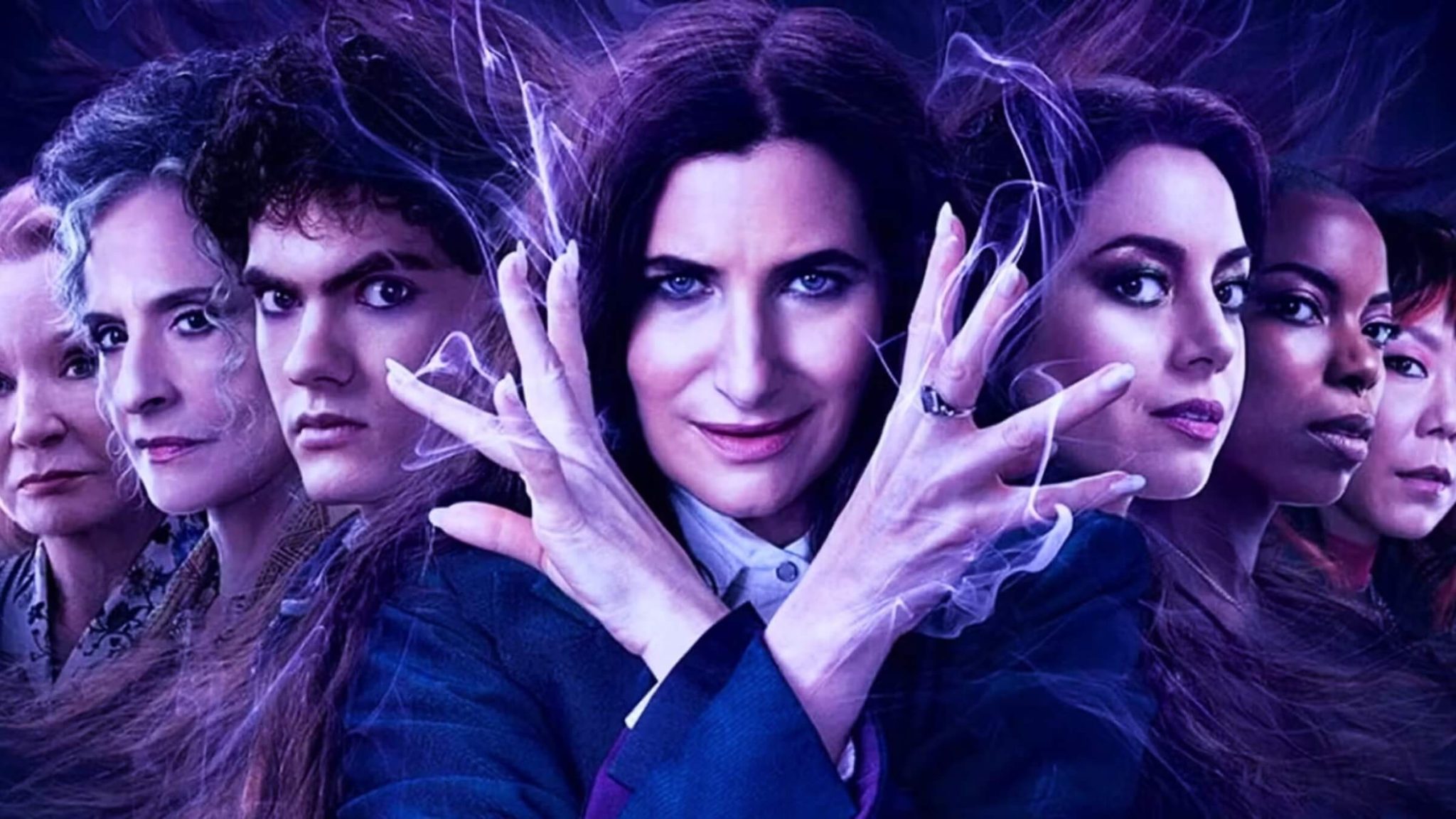What's the Difference Between Horror and Thriller?

Ah, this old gem again. One of you probably just broke up a lifelong friendship over this argument in the last week: What is horror and what is a thriller? No doubt, if you’re reading this, you have an opinion on the matter already. If you don’t, though, it probably just means you’re more into rom-coms. No shade here.
Here’s the deal: genre is a fun little monster to contend with all on its own, and to define it in one specific trait will often give you nightmares. However, there are some age-old tenets to both the horror genre and the thriller genre that have stayed true throughout the years (except where the lines blur and a few stories blend the two in a near-flawless way). But for us mortals, these rules of thumb regarding the differences between both horrors and thrillers will need to suffice.
“On The Edge Of Your Seat” vs. “Have To Change Your Pants”
So, maybe you don’t crap your pants every time. It should still be clear which is which: in a thriller, you’re meant to be held at arm’s length by the storyteller the whole time. Suspense is the name of the game, and if you’ve read my article on surprise, shock, and suspense, you’ll know what I mean. However, in a horror film, the emotions that are built upon are feelings of dread, impending doom, of terror. In other words, you’re trying to scare the pants off your audience. Whether you do that with surprise, shocks, suspense, or a mixture of all three, the goal is sincerely different from that of the thriller, where adrenaline pumping is the main focus, not the feelings of fear that might introduce it.
It’s All In The Perspective
Ever notice that horror franchises (think Halloween or Alien) always have the monster return? Meanwhile, in a thriller franchise (anything from Bond movies to Bates Motel to the Taken series), you’ll mostly see the return of the protagonists — which are either the pursuants of the killer in question, or they might even be the killer themselves. That’s because horrors focus on the point-of-view (POV) of the victim more intimately, generating those feelings of dread and fear that we mentioned above. Thrillers, on the other hand, will change perspectives or even focus on the POV of the attackers and the attacker’s pursuants in order to build out a more unpredictable feel, which we’ll touch on later.
Horror (in most cases) also builds a blind antagonism for the victim’s attacker, which isn’t always seen as drastically in a thriller. Why? Because of the significance of that shared perspective. When we see things from the point of view of a killer, a terrorist, a dangerous cult leader, or even the cop who’s chasing them down, there’s a more powerful connection to these villainous characters. Think of Patrick Bateman, the protagonist in American Psycho: although he’s done despicable things, his is the viewpoint we know and understand the most, given the storytelling. That’s part of what makes it a thriller; if it was told from the POV of his victims, there’s a greater chance that it would fit better into the mold of a horror genre film.
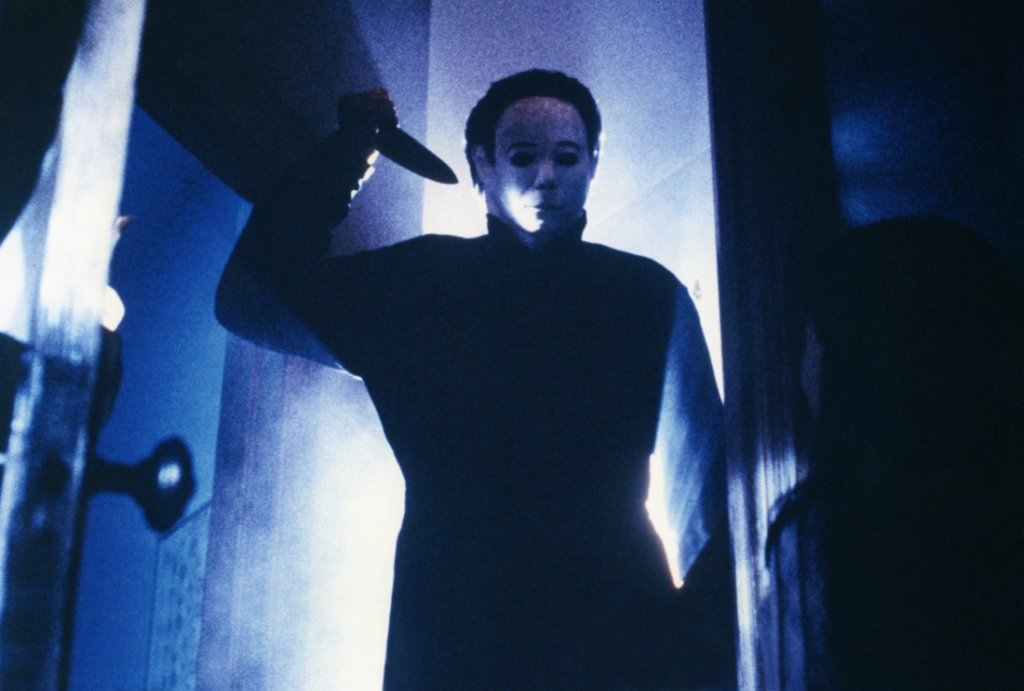
'Halloween' (1978)
Formulaic vs. Unpredictable
There’s a convention in horror that it’s made to be predictable. If you’ve ever seen any of the Scream films, you know how prevalent this idea is. However, there’s also a misconception that “predictable” means “not scary”. But let me posit this question: Even though you know exactly what will happen in The Exorcist, does that make it less horrific? Of course not. It’s formulaic, but it focuses on emotional values, not unpredictability. Thrillers, on the other hand, are known for their focus on the unpredictable. Part of this is to encourage that “sitting on the edge of your seat” experience that’s brought on by introducing adrenaline-pumping moments into the story.
But that doesn’t mean unexpected things don’t happen in a horror: even Midsommar uses unexpected story events to indicate the slippery slope of Dani’s integration into the cult — which helps it bleed a bit into the realm of psychological thrillers — but the direction of the narrative is still predictably horrific, in that we soon know there’s no escape for the men who accompanied Pelle there in the first place. Meanwhile, a movie like Silence of the Lambs takes turns that are also unexpected, and the direction of that film is truly a surprise in certain ways to any first-time viewer, in addition to its ability to keep the audience on the edge of their seat (but maybe not crapping their pants) every time.
Clarity Over Blurred Lines
There have been arguments in the past over what defines a horror and thriller, and though many have validity, some lines that used to apply are blurring all the time — especially within films that borrow from both genres. One of these arguments is that thrillers deal with the psychological aspects of fear, while a horror film deals with those fear-inducing elements that are more corporal: mortal danger, imminent death, and so on.
While psychological thrillers are a story type all their own, there are also psychological horrors (watch Jacob’s Ladder for one great example) that still focus on terror while being more focused on the internalization of that fear — whereas a psychological thriller (The Shining) builds toward not the terror of Jack Torrence, but his eventual succumbing to insanity.
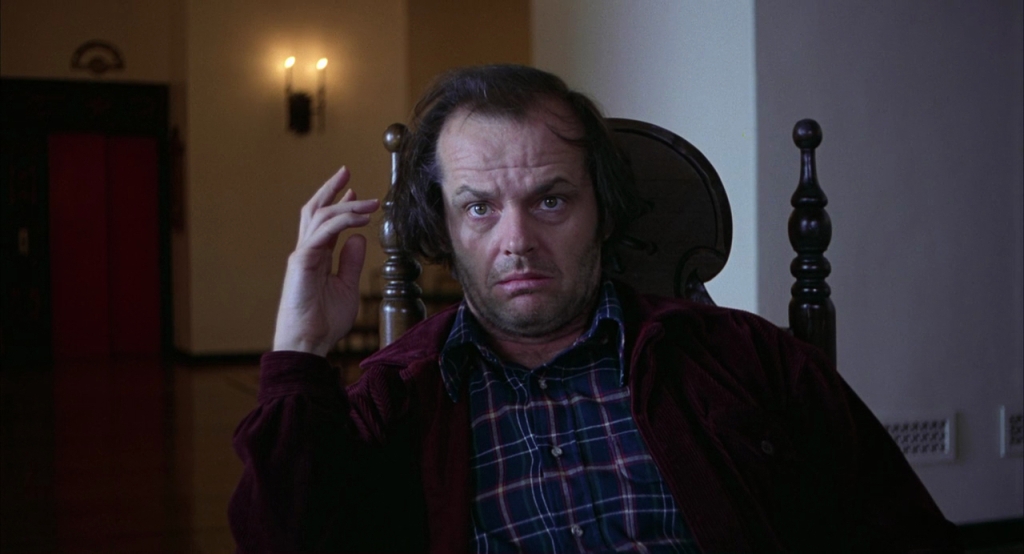
'The Shining'
Conclusion
No matter what kind of story you’re trying to tell, you’re going to focus on a point of view -- something that you want your reader or viewer to feel. With either a horror or thriller film, those things are a little more concrete once you decide what genre to go for, but even then, you should always just concern yourself with the story you want to tell first. After that, you’ll start seeing more of what feels important to the story: the perspective, the emotions, and even the twists and turns.
Chances are, if you’re a horror fan, your story will naturally lean that way — and if you’re a lover of all things suspenseful, you might just start writing a thriller without even realizing it!
 David Wayne Young is an independent film producer and screenwriter with years of experience in story analysis, even providing coverage for multiple international screenwriting competitions. David's obsessions include weird fiction and cosmic horror, and he's formally trained in the art of tasting and preparing gourmet coffee in various worldly traditions, from Turkish coffee to hand-tamped espresso — all enjoyed while writing, of course.
David Wayne Young is an independent film producer and screenwriter with years of experience in story analysis, even providing coverage for multiple international screenwriting competitions. David's obsessions include weird fiction and cosmic horror, and he's formally trained in the art of tasting and preparing gourmet coffee in various worldly traditions, from Turkish coffee to hand-tamped espresso — all enjoyed while writing, of course.
Get Our Screenwriting Newsletter!
Get weekly writing inspiration delivered to your inbox - including industry news, popular articles, and more!



